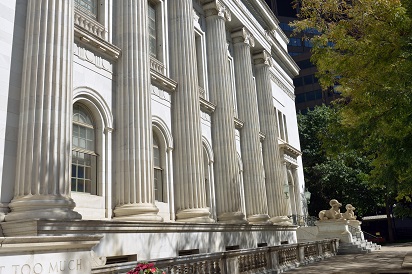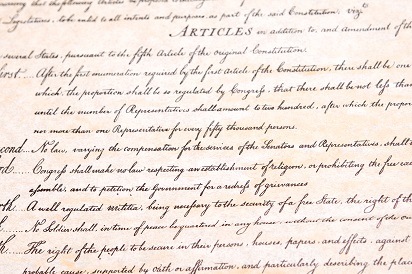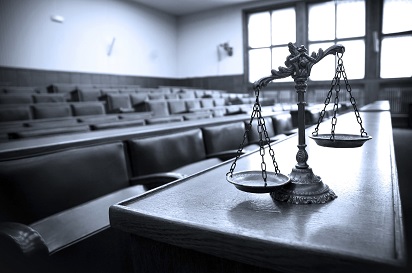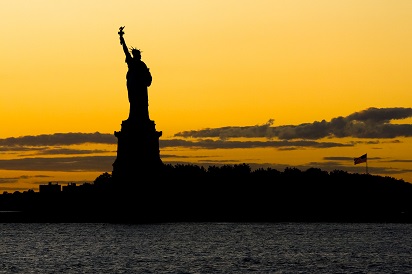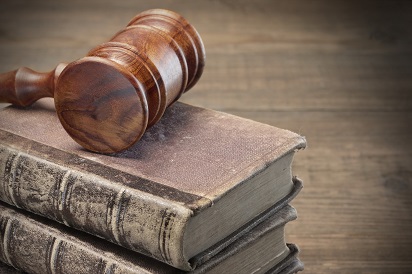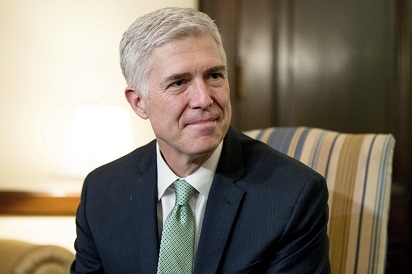
Symposium - 2017- Gorsuch
Before the Robe
Judge Neil M. Gorsuch
by Mark C. Hansen
The Honorable Neil M. Gorsuch was not the distinguished silver-haired jurist we see now when he walked through the doors of our start-up law firm in the fall of 1995. He was, like the other supremely talented young lawyers we hired to help us build a practice in the attorney-infested (or should I say shark-infested?)…

